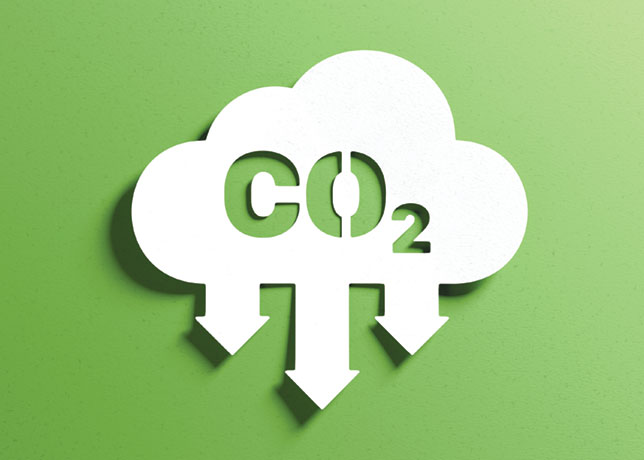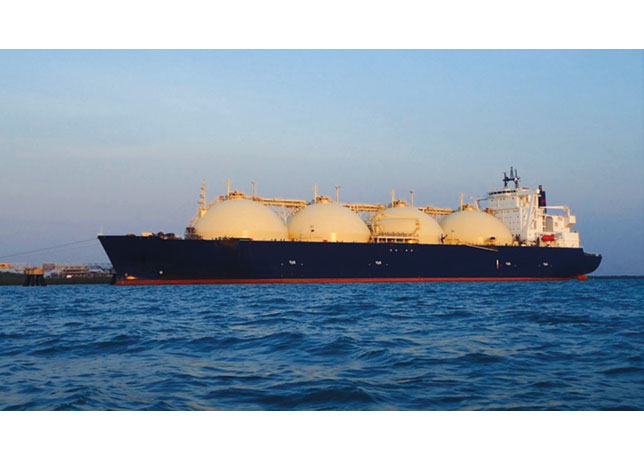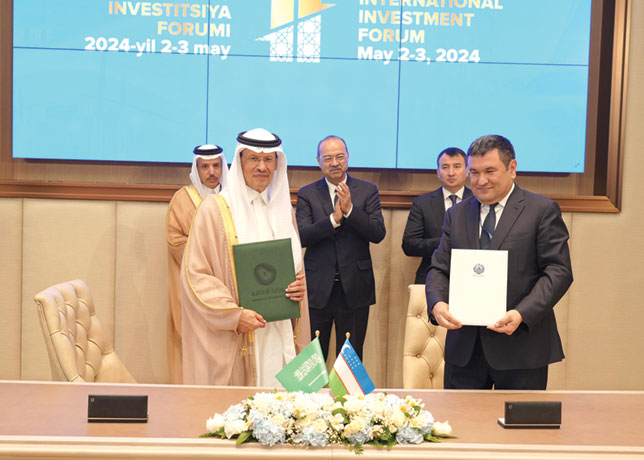
 The Future Gas Strategy promotes net-zero transition globally
The Future Gas Strategy promotes net-zero transition globally
The Asia Natural Gas and Energy Association (ANGEA) has welcomed the announcement of Australia’s Future Gas Strategy. The strategy provides an outline for Australian gas production to 2050 and beyond, not only supporting domestic power generation and industrial use but highlighting the importance of LNG exports to Asia.
Paul Everingham, ANGEA's CEO, said the Strategy struck a pragmatic note around the energy transition.
"We recognise the considerable time, effort and consultation that the Albanese government, including Minister for Resources Madeleine King, has put into ensuring the Strategy document is practical and fits real-life opportunities and challenges presented by the energy transition.
"Recognition of the value of Australian gas for Asia is also critical. With much of the region still reliant on coal for power generation, LNG from Australia offers an alternative fuel with a much lower emissions profile as countries in Asia continue their own renewable energy rollouts.
"Australian LNG remains vital for existing customers in Japan, South Korea, Singapore, Taiwan, Thailand and China. But it will also be needed in India, which is progressing plans to grow the role of gas in its economy, and in emerging markets such as Vietnam and the Philippines."
Everingham welcomed the Future Gas Strategy’s recognition of carbon capture and storage (CCS) as a technology that could help decarbonise gas production, power generation and hard-to-abate industrial processes.
"At scale-implementation of CCS is going to be essential to Asia Pacific achieving its net zero goals," Everingham said.
"As the strategy notes, development of Australian CCS can support both domestic decarbonisation and regional emissions reduction efforts.
"Geologically, Australia has vast storage space for CO2, which makes it an attractive storage destination for cross-border CCS value chains that are starting to be established in Asia Pacific."




















































































